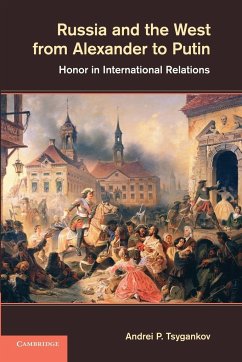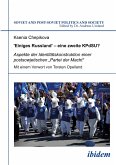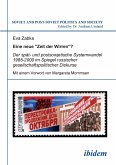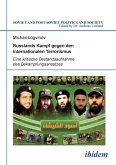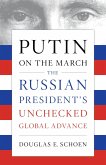Since Russia has re-emerged as a global power, its foreign policies have come under close scrutiny. In Russia and the West from Alexander to Putin, Andrei P. Tsygankov identifies honor as the key concept by which Russia's international relations are determined. He argues that Russia's interests in acquiring power, security and welfare are filtered through this cultural belief and that different conceptions of honor provide an organizing framework that produces policies of cooperation, defensiveness and assertiveness in relation to the West. Using ten case studies spanning a period from the early nineteenth century to the present day - including the Holy Alliance, the Triple Entente and the Russia-Georgia war - Tsygankov's theory suggests that when it perceives its sense of honor to be recognized, Russia cooperates with the Western nations; without such a recognition it pursues independent policies either defensively or assertively.

